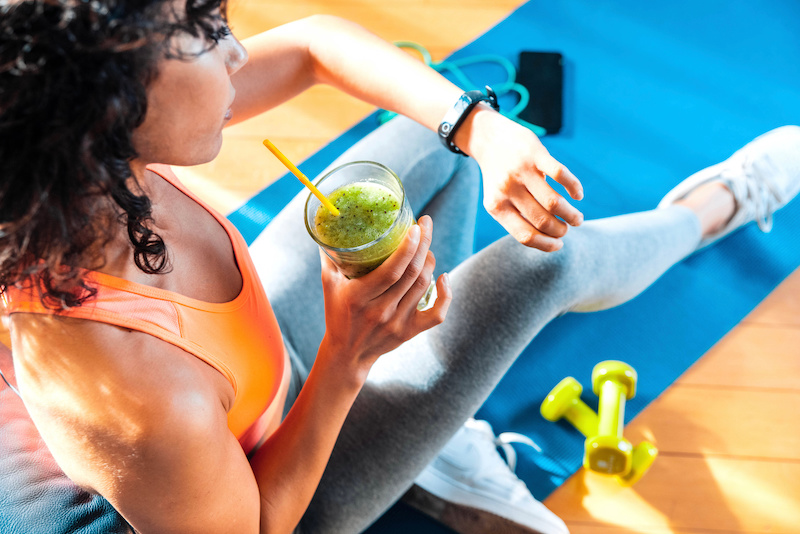At a time when fitness and health are such an important part of our lives, the importance of a balanced diet for sports performance is becoming increasingly apparent. Whether you’re a professional athlete or just train regularly, a good diet plays a decisive role in achieving your goals and supporting your body in the best possible way. This article explains how it works best. Let’s dive straight into the heart of sports nutrition. It’s not just about what you eat, but also about how the quality and composition of your diet can influence your performance.
Avoid E numbers, unnecessary additives and sugar
When choosing foods for sports performance, it is advisable to ensure that the products are free from artificial additives such as E numbers. These additives can not only be unnecessary, but can also have potentially negative effects on your health and performance. Instead, opt for foods that contain natural ingredients and are free from excessive sugars. High sugar consumption can not only lead to energy peaks and troughs, but can also contribute to long-term health problems such as obesity and diabetes.
What to look out for in your diet when you’re doing more physical activity
If you regularly do sport or intensive training, your body needs extra nutrients to maintain its performance and recover. Here are a few important points:
- Protein: protein is essential for building muscle and repairing muscle tissue after training. Foods such as lean meat, fish, eggs, dairy products, legumes and vegetable proteins such as tofu and tempeh are good sources of protein that you should ideally include in your diet.
- Carbohydrates: carbohydrates are your body’s main source of energy during training. It’s important to eat enough carbohydrates to replenish your energy reserves and maintain your performance. Wholegrain cereals, fruit, vegetables and pulses are good sources of carbohydrates, which provide fibre and essential nutrients.
- Healthy fats: healthy fats are important for absorbing fat-soluble vitamins and supporting anti-inflammatory processes in the body. Avocados, nuts, seeds, olive oil and oily fish such as salmon are good sources of healthy fats to support a balanced diet.
- Hydration: sufficient hydration is also essential for optimum sporting performance and rapid recovery. Drink enough water before, during and after training to balance your hydration levels.
- Vitamins and minerals: a balanced diet rich in fruit, vegetables and wholegrain cereals will provide you with the vitamins and minerals you need to support your health and performance. Make sure you eat a wide variety of foods to ensure you absorb all the essential nutrients.
Overall, it’s important to adapt your diet to your individual needs and training goals. By focusing on high-quality natural foods and avoiding unnecessary additives and sugars, you can optimise your sporting performance while promoting your health.











What do you think?